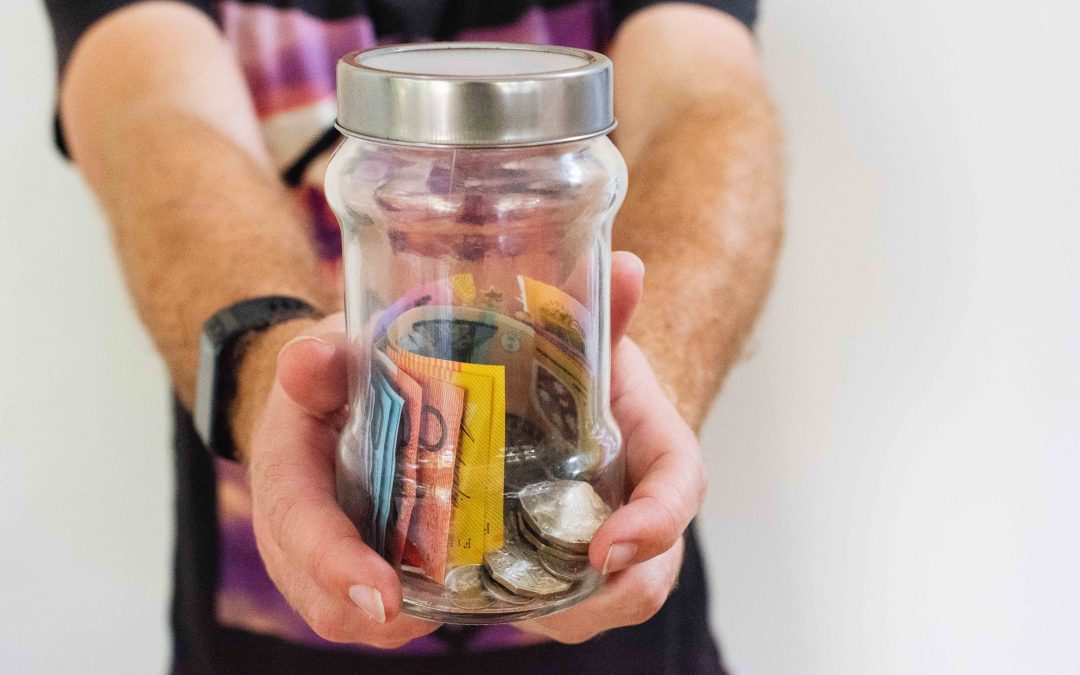When considering their succession plan and how they wish to distribute assets during their lifetime, many of our clients raise the idea of giving money to their children for the purchase of a home. With property prices remaining high and increased interest rates decreasing the borrowing power of many first home buyers, it is understandable that clients wish to give their children a ‘helping hand’. Unfortunately, making gifts of large sums to your children can leave both you and your children exposed if something goes wrong.
Relationship breakdowns
When you give a sum of money to a child, that sum becomes an asset in their own name (i.e. legal title rests with them). If your child has used that sum to purchase a house with a partner, and the relationship subsequently breaks down, that house (and the equity in it) would likely be subject to a property settlement or Family Court orders for division of property. Some or all of the equity that you have contributed may therefore be ‘lost’ to your child’s now-former partner.
For example, say your son and his wife purchase a unit in Hawthorn worth $1 million. Your son and his wife contribute $100,000 each, you contribute $200,000 by way of a gift to your son and the couple take out a loan to cover the remaining $600,000. Your son and his wife subsequently divorce. Their lawyers arrange for a property settlement whereby the house is sold and the bank repaid. The remaining $400,000 in equity is then divided between the divorcing parties equally. Half of your gift to your son has therefore been ‘lost’ to his ex-wife, an undesirable outcome for both you and him.
Creditors
Similarly, a sum of money gifted to a child can be exposed in the event of a business failure and subsequent insolvency proceedings. Take the example above but assume your son and his wife are still together, but your son runs his own hospitality business. Market conditions force your son to close his cafe as the business is no longer solvent, with thousands of dollars in debt to his landlord and to suppliers. Some of those creditors launch a proceeding to recover such debts and the court orders that your son’s house is to be sold to make repayments. Again, the bank would be repaid first, as it has a registered mortgage over the property, and the rest of the creditors would be able to claim amounts owing to them from the $400,000 remaining. Your gift to your son could quickly dissipate in such a scenario.
Death
Many couples choose to own their homes as joint tenants. A joint tenancy means that, on the death of the first spouse, the surviving spouse is automatically entitled to the sole ownership of the property (regardless of the provisions of the deceased’s Will) under the ‘doctrine of survivorship’. Using the above example, if you had given $200,000 to your son to purchase a property, which he and his wife held as joint tenants, his wife would own the entire property after his death. She would have no obligation to return that sum to your family during her lifetime or in her Will, and could (for example) use the equity she received from selling that property to purchase property with a new partner. Making absolute gifts to a child can result in your ‘side’ of the family ultimately ‘losing out’ on the benefit which the provision of that sum provided.
How should I help my children instead?
The best method for ensuring asset protection when assisting a child to purchase a property is by lending them the money and having a proper loan agreement (prepared by a solicitor) in place. Your child does not need to make large repayments on the loan or pay interest unless you so wish. Your child can simply make a nominal repayment (any sum over $1.00 will suffice) on a specified date to ensure the loan is ‘alive’. It is our recommendation that such repayment is made on a specified date in each year as a loan can be deemed unenforceable if no repayments are made during a six year period.
You can then ensure your contribution to assist in the purchase of the home is protected by securing a mortgage over the property or by lodging a caveat. In most instances, security by way of second mortgage will be most appropriate as your child will likely already have a first mortgage to a bank. Should your child purchase a property jointly with a spouse or domestic partner, such partner should also be party to the loan agreement. If your child experiences a relationship breakdown, is sued or becomes insolvent in the course of business, or dies, you will be considered a creditor who can recover the amount advanced.
Lending money to children is an important consideration as part of your wider succession and estate planning strategy. Our expert team regularly assists clients to document such loans in a manner that is enforceable, fair to all parties and consistent with your wishes regarding your succession and estate plans.
If you are thinking of assisting a child with the purchase of a property, contact us today to discuss how to achieve the best outcome.

